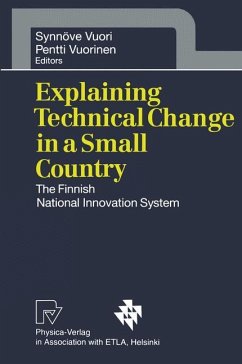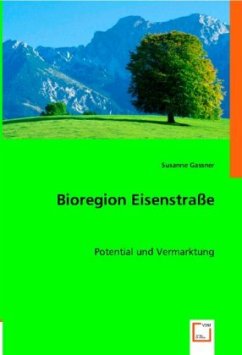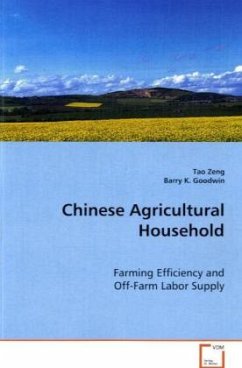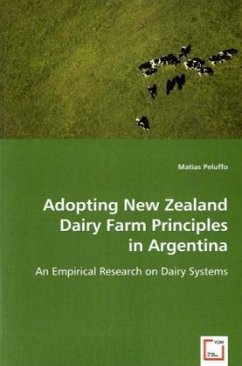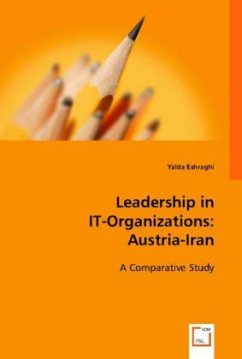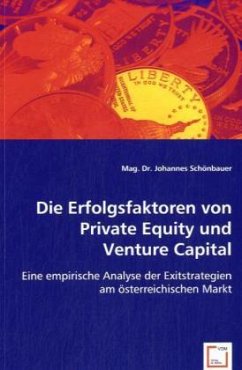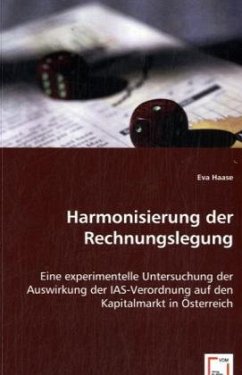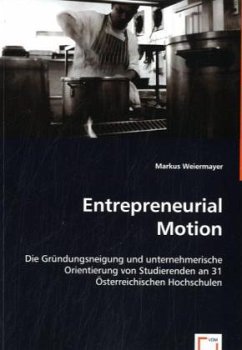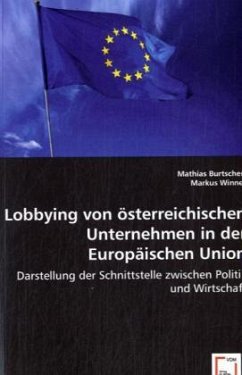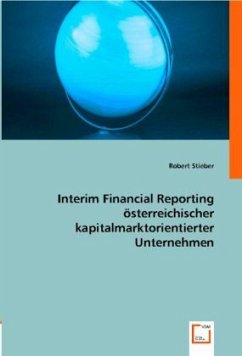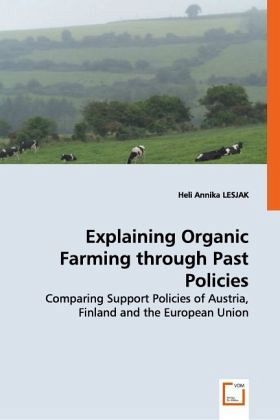
Explaining Organic Farming through Past Policies
Comparing Support Policies of Austria, Finland and the European Union
Versandkostenfrei!
Versandfertig in 6-10 Tagen
52,99 €
inkl. MwSt.

PAYBACK Punkte
26 °P sammeln!
The study correlates the growth of organic farming with past support policies. Not the recent, direct organic farming payments are of importance, but rather the past support policy orientation. The greater the weighting of rural development, the better the premises for organic farming, is the argument put forward. Building on the OECD positive policy principles, the study assesses the past support policy of Austria, Finland and the EU. It formulates distinct assessment criteria and analyses the support policy from 1960 to 1994. According to the appraisal results, Austrian support policy shows ...
The study correlates the growth of organic farming with past support policies. Not the recent, direct organic farming payments are of importance, but rather the past support policy orientation. The greater the weighting of rural development, the better the premises for organic farming, is the argument put forward. Building on the OECD positive policy principles, the study assesses the past support policy of Austria, Finland and the EU. It formulates distinct assessment criteria and analyses the support policy from 1960 to 1994. According to the appraisal results, Austrian support policy shows the highest rural development orientation, followed by the EU and Finland. The correlation between past policy orientation and the development of organic farming is evident. Yet rather than matching past policies to the sector size, institutional setting, in which the organic farming sector is embedded, appears to be a better point of reference. Irrespective of GAP, the EU member states havebeen free to set their own policy emphasis. This has paved way to regional organic havens. The findings also imply a replication between todays organic farming sector and the structures of mainstream agriculture.



